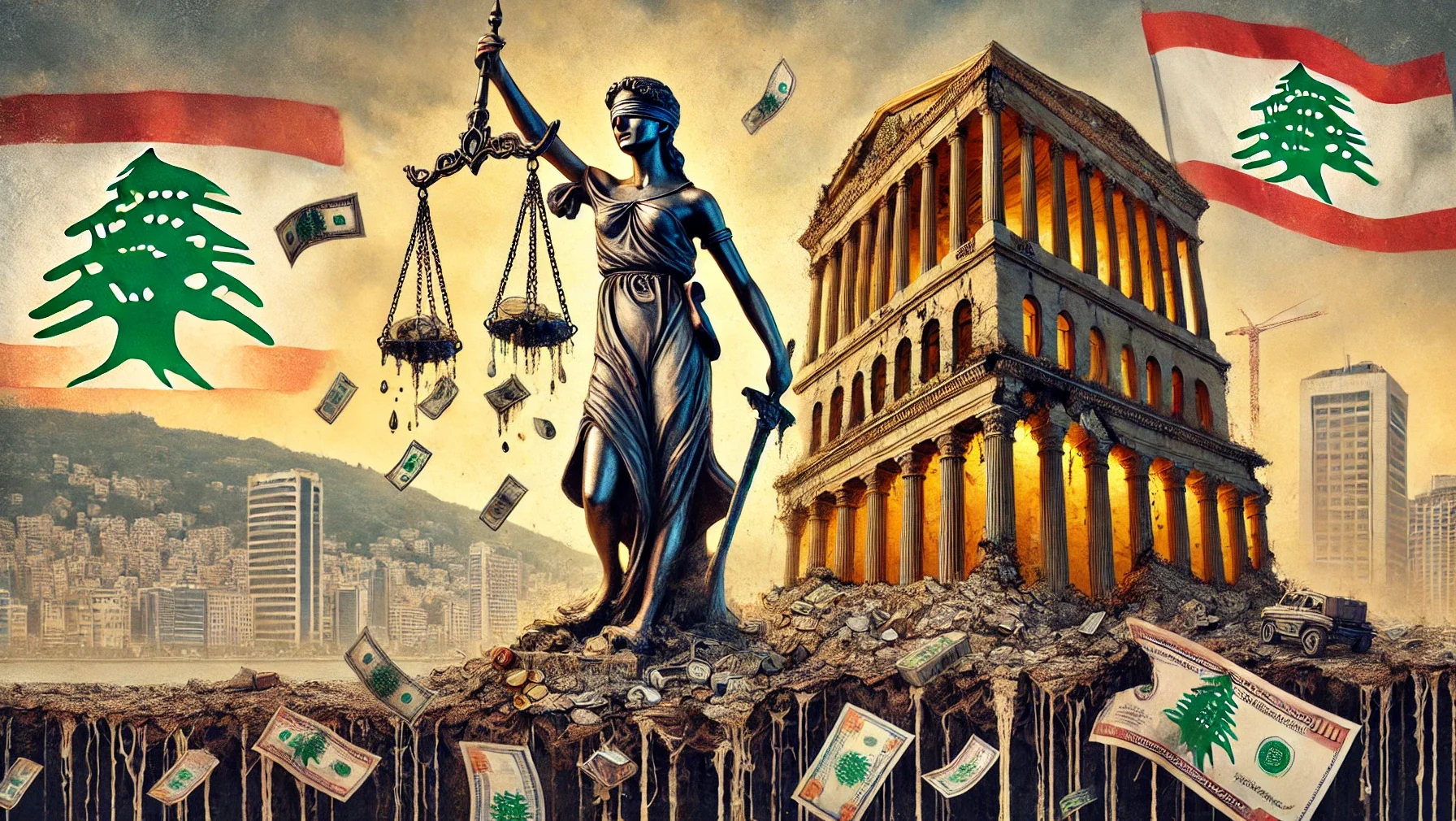Corruption, Corruption, Corruption
Nida Al Watan, Lebanon, February 21
There is a malignant tumor that transcends eras, decades, and even centuries. Its diagnosis is not difficult. It is called corruption.
Lebanon has been plagued by it since the days of the Ottoman Empire, through the French mandate, and into the era of independence. It festered during the Civil War, endured through the post-war period, and continued even with the advent of peace. To this day, it continues to erode the fabric of the Lebanese state.
President of the Republic General Joseph Aoun recently stated, “My main concern is to combat corruption that has eaten away at state administrations and has become a culture, and this corruption can only be stopped through accountability. Lebanon is not bankrupt but rather a plundered state ruled by people who have mismanaged its resources. Things will not be put right except by combating corruption and the corrupt.”
There are several key points to address here: corruption has become a culture in Lebanon; it can only be stopped through accountability, and Lebanon is a looted country governed by those who have squandered its resources.
These three observations form the foundation of a roadmap for combating corruption—one that is not merely aimed at combating corruption for its own sake but with the ultimate goal of recovering the stolen funds, as the president emphasizes: “Lebanon is looted, not bankrupt.”
Give the gift of hope
We practice what we preach:
accurate, fearless journalism. But we can't do it alone.
- On the ground in Gaza, Syria, Israel, Egypt, Pakistan, and more
- Our program trained more than 100 journalists
- Calling out fake news and reporting real facts
- On the ground in Gaza, Syria, Israel, Egypt, Pakistan, and more
- Our program trained more than 100 journalists
- Calling out fake news and reporting real facts
Join us.
Support The Media Line. Save democracy.


This roadmap requires a clear mechanism, and it is not beyond reach. The first step in this mechanism is identifying where the “looted money” went—specifically, how debts were paid off with checks and who the key beneficiaries are, particularly the larger figures involved.
This is the latest innovation in corruption: allowing the major beneficiaries who took out loans to pay them off with checks at the lowest possible rates, with depositors’ funds at stake. It would be enough to file a lawsuit against these individuals, forcing the disclosure of their accounts, and once the recovery process begins, the financial gap would begin to narrow.
The second crucial issue is tax evasion. Today, the situation is more manageable than it once was, but it requires a decisive political will and a commitment to execution.
For these matters to reach a resolution, they must be handed to an impartial judiciary—one that is not intimidated by the powerful and does not prey on the weak.
Perhaps the most accurate assessment of the judicial system was made by President Aoun, who, during a meeting with the Press Club, offered a candid observation: “There is no judiciary in Lebanon.”
This stark truth, acknowledged by virtually everyone in Lebanon, is the starting point for any serious effort to combat corruption.
In a country where the corrupt do not fear its judiciary, corruption will continue unchecked. Only when the judiciary operates with integrity, free from intimidation or political influence, will Lebanon begin to see meaningful progress in fighting the pervasive corruption that continues to plague it.
Jean Feghali (translated by Asaf Zilberfarb)

